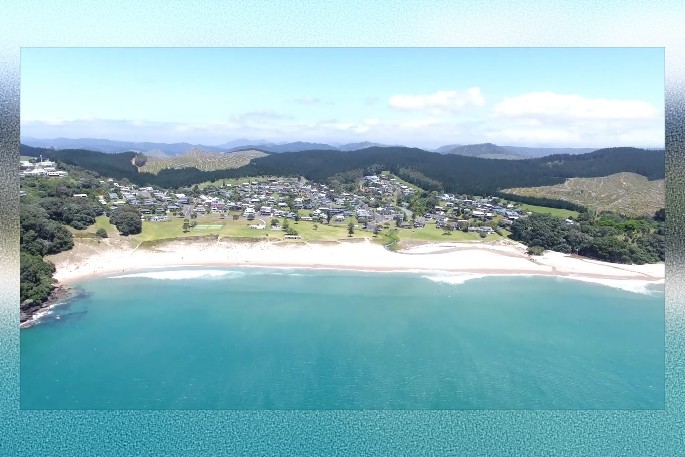This Content Is Only For Subscribers
Onemana, on the eastern side of the Coromandel Peninsula, is facing the dual challenge of being both a seasonal tourism hotspot and a quiet coastal community and each year the town’s resources and infrastructure are tested to their limits during the summer surge, when thousands of visitors descend upon its beaches, dunes and bushlands.
However, a spokesperson for the Thames-Coromandel District Council says that the infrastructure is designed to withstand these seasonal swings. “Onemana has a normally resident population of 192 people, according to the 2023 census. The community has its own drinking water treatment plant which was significantly upgraded in June 2023 to meet the new water standards. This plant supplies 363 connections, noting that many properties are holiday homes that aren’t occupied full time. This means there is capacity in the system to handle busy periods and it is only when there are issues with plant operations or major network failures that we will request residents to conserve water. In the event of a major issue, we will use water tankers to supplement local water production.” they say.
Wastewater infrastructure also plays a key role in balancing year-round quiet with peak-season demand. TCDC says “Onemana has a wastewater treatment plant that services 362 properties, again with spare capacity to handle peak loading over summer and other holidays. Generally, the only issue we face with wastewater systems is loss of power to the wastewater pump stations. If this should occur then we mobilise portable generators to maintain the pump stations and operate the wastewater treatment plant.”
While pipes and plants are built with surges in mind, the other side of the coin relies heavily on the shoulders of local volunteers to keep its community and influx of visitors safe. Fire and Emergency New Zealand Waikato group manager Matt Cook says “Onemana/Opoutere Volunteer Fire Brigade is a small but effective brigade providing emergency response to incidents from medical callouts to fires. The brigade is well run, resourced and trained. The brigade is purely volunteer, and members give freely their time to maintain readiness and response capabilities,” he says.
He stresses that the summer swell multiplies callouts and heightens risk. “If any emergency is escalated, Fire and Emergency New Zealand can call on support from neighbouring brigades around the Coromandel and the wider Waikato. We welcome visitors to the Coromandel, but ask them to drive safe, don’t light fires, and just slow down and relax. If they do that then our Fire and Emergency brigade members can also enjoy the Coromandel with their whānau,” he says.



